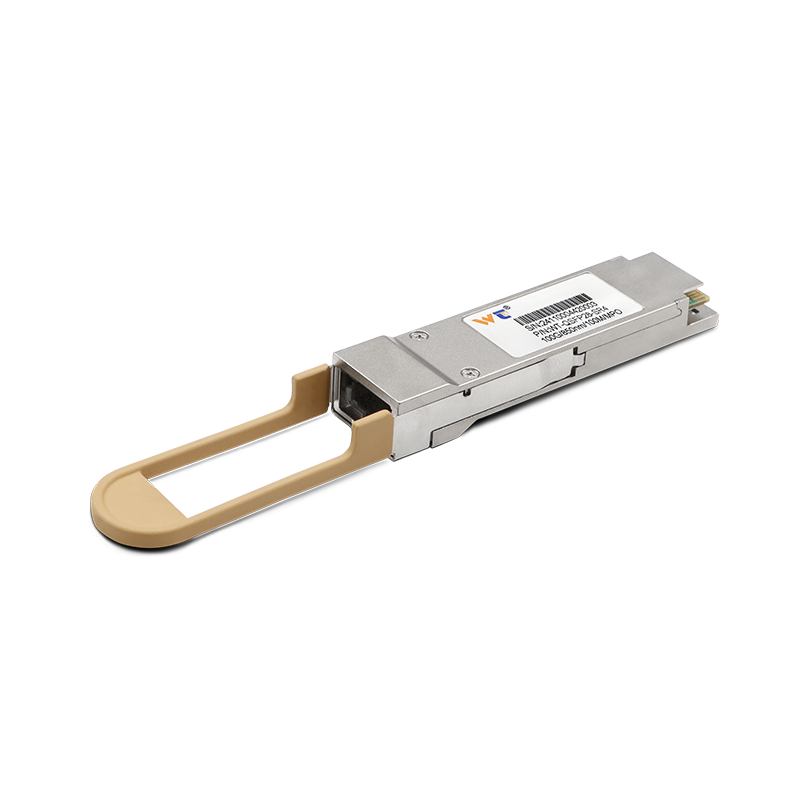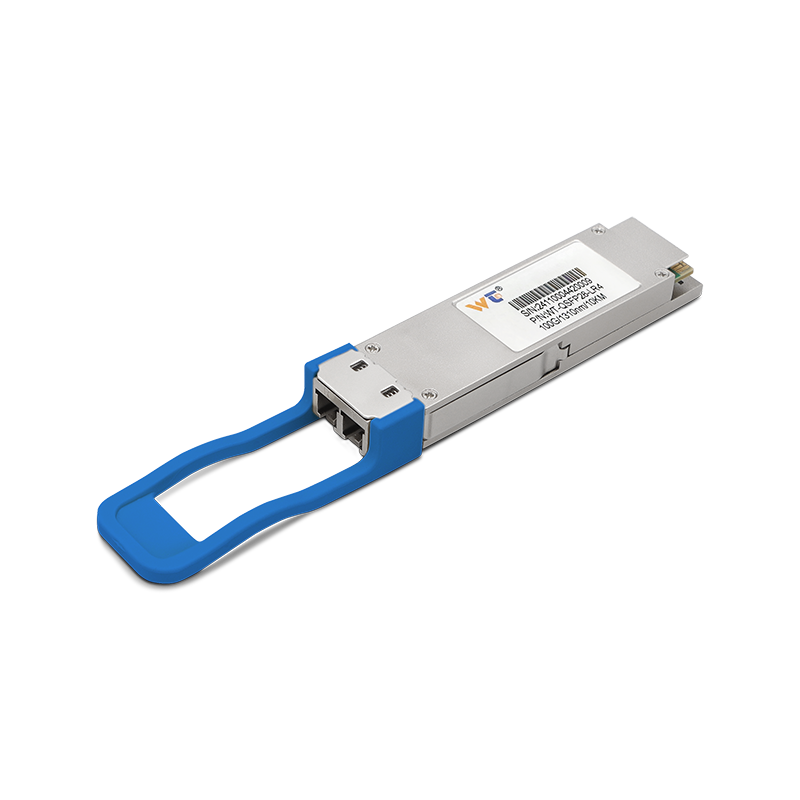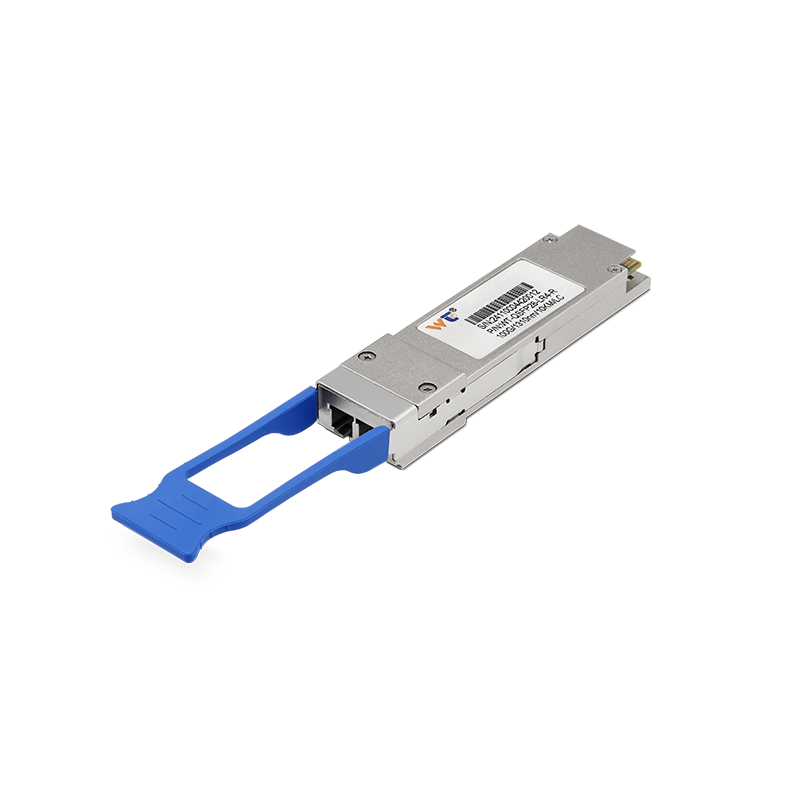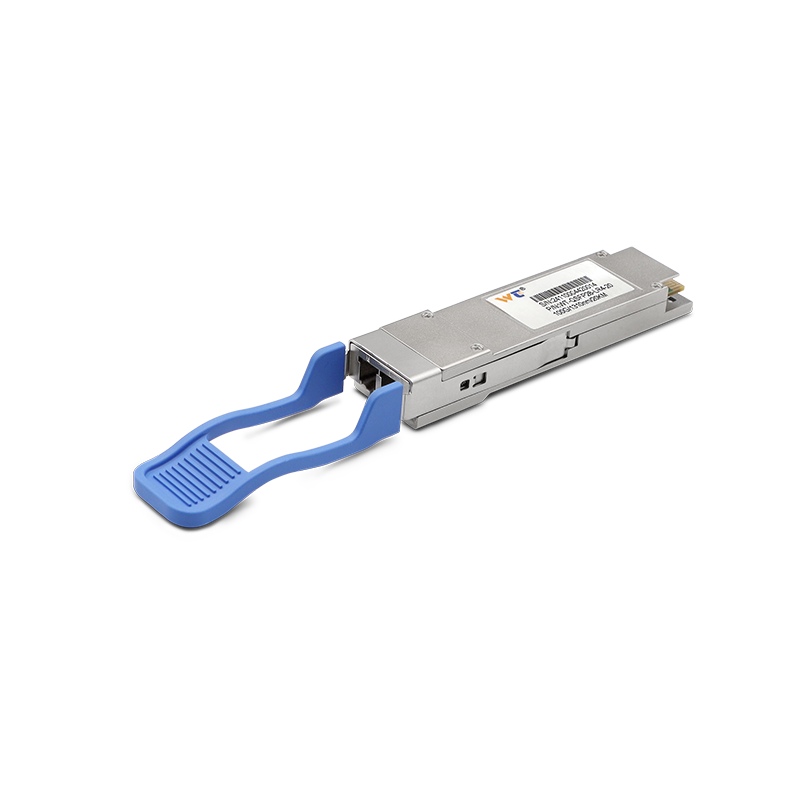In today's lightning-fast network engineering landscape, hopping into an interview can often feel like navigating a tricky maze. Luckily, I’m here to help you find your way through this complex process. By getting a handle on timeless interview questions and prepping the right way, you could unlock the door to success. When you encounter technical assessments and behavioral questions, having solid strategies in your back pocket can set you apart from the crowd. So, let’s dive in together and uncover some secrets on how to shine in your network engineering interviews.
When it comes to those classic interview questions, the trick is to spot the common themes that keep popping up. Typically, interviewers will focus on your technical skills, problem-solving talents, and communication prowess. You might find yourself asked to break down a complex networking concept, troubleshoot a hypothetical issue, or recount past experiences involving network hiccups. Using practical examples is key. For instance, if you’re asked about TCP and UDP, demonstrating your understanding through clear comparisons can really show what you know. Remember, interviewers want to see not just what you can do technically but how well you can communicate those ideas.
Let's dig deeper into the core of these questions. Technical inquiries might hit on specific protocols like OSPF or BGP. When that happens, try to structure your answer around a real-life experience; it’s your chance to showcase how you’ve used these protocols in past roles. And when the topic shifts to behavioral questions, don’t forget about the STAR method (Situation, Task, Action, Result)—this approach will help you tie your experiences together neatly and demonstrate your problem-solving skills. Make sure to align your past achievements with what the job requires, showing that you’re already equipped with the tools needed for the job at hand.
To solidify your base, a strong grasp of key networking concepts is crucial. Words like IP address, subnetting, and firewall policies play a huge role in your success. For instance, IP addresses are all about uniquely identifying devices on a network, so having a good understanding of both IPv4 and IPv6 is important. Subnetting is all about breaking networks into digestible pieces, which can make your setup more efficient and secure. And firewall policies? They are your defense line against unauthorized access. When you can speak the language of networking fluently, it boosts your credibility in those interviews.
Now, let's outline a structured guide to help you prepare effectively for those interviews:
- Research the Company: Get to know their tech stack and the challenges they're tackling.
- Brush Up on Key Networking Concepts: Revisit common protocols, network design, and troubleshooting techniques.
- Practice Common Questions: Work on responses to both technical and behavioral questions.
- Use the STAR Method: Present your past experiences in a clear, concise manner.
- Highlight Soft Skills: Be sure to demonstrate your communication and teamwork abilities.
- Analyze Case Studies: Familiarize yourself with real-world scenarios that require sound problem-solving skills.
If you’re looking to stand out even more during interviews, consider diving into advanced topics like cloud networking or network automation tools. The future of networking is leaning towards fortified security protocols and embracing AI to boost performance. By getting familiar with these areas, not only will you be prepped for questions about emerging trends, but you'll also come off as a forward-thinking candidate.
Imagine if you could anticipate questions based on the company’s trends. By keeping an eye on a company’s latest initiatives, you can tailor your answers to mesh with their goals—this significantly boosts your chances of leaving a lasting impression.
If you exhibit a solid knowledge of networking principles, you dramatically enhance your chances of landing that role in the engineering field.
To clarify some common concerns:
- What are the toughest questions I might face in networking interviews?
Protocol troubleshooting and complex problem-solving scenarios are often the most challenging. - How can I showcase my expertise effectively?
Be confident when talking about your past projects, ensuring they connect back to the job's needs.
It’s super important to turn your theoretical knowledge into practical skills. The more you apply networking concepts in real-world situations, the more equipped you'll be to handle those tricky questions that come your way. Make an effort to practice by working on projects, taking part in mock interviews, and engaging with professionals in the industry.
To sum it up, mastering network engineering interview questions is all about blending solid technical knowledge with structured answers and relatable experiences. The best prep? It’s a mix of grasping core concepts, practicing common inquiries, and articulating your journey clearly. With these tools ready to go, you can tackle interviews with confidence. Keep in mind that each interview is an opportunity—it's not only about impressing your interviewers but also about learning and evolving as a professional. Your adventure in network engineering is just starting—continue refining your skills and expanding your knowledge daily. Success isn’t just about landing the job; it’s about thriving in your career!






